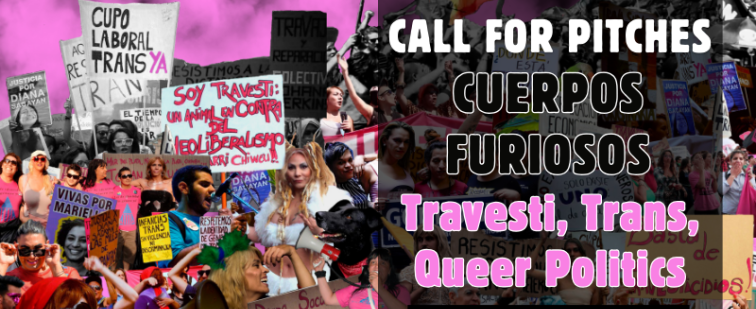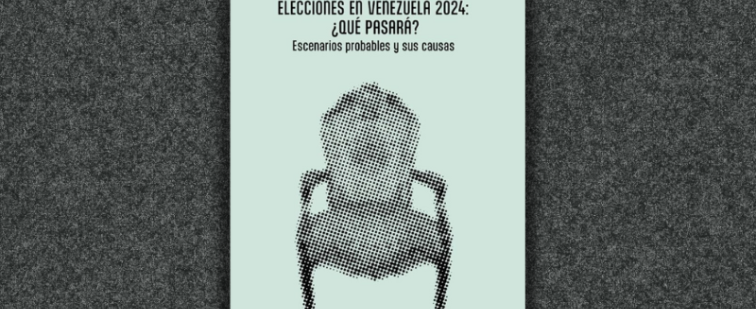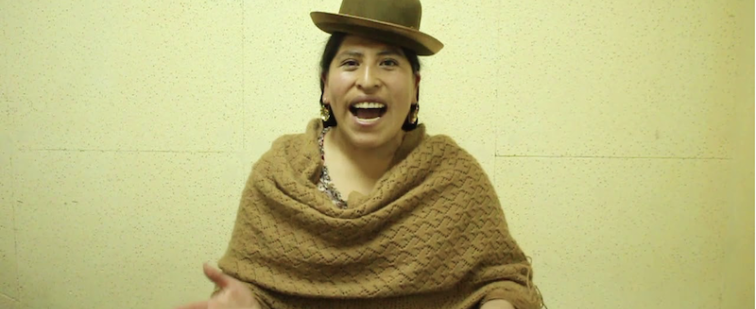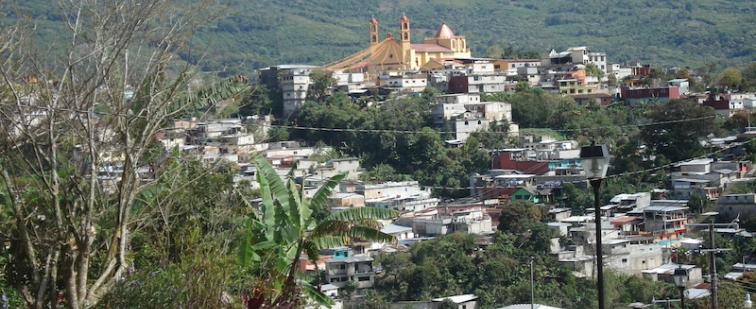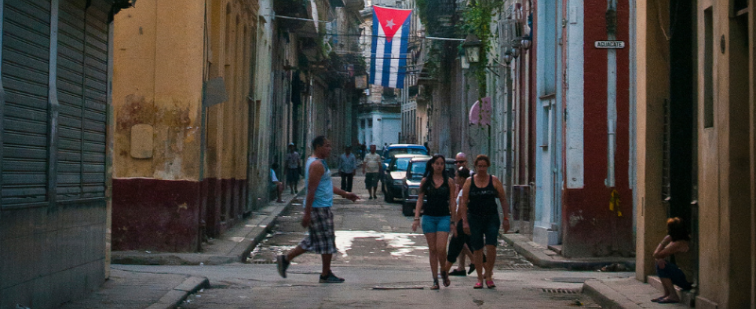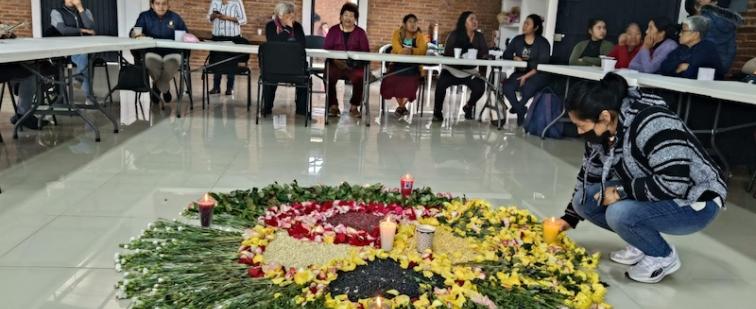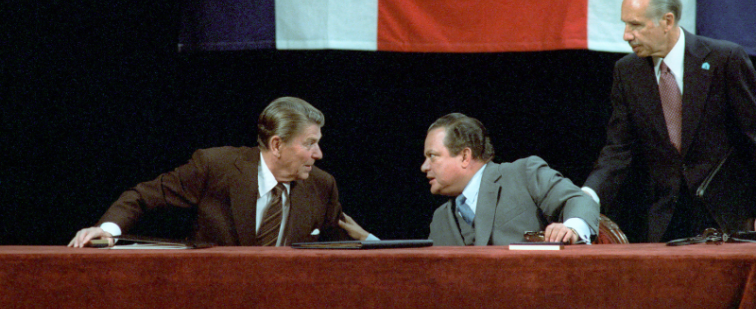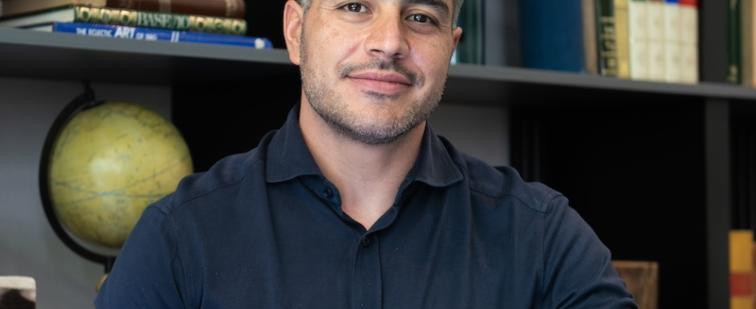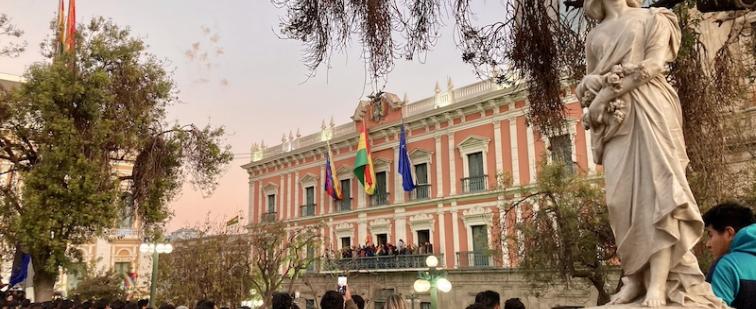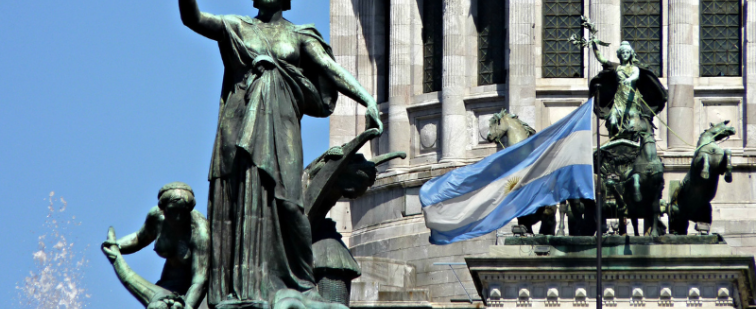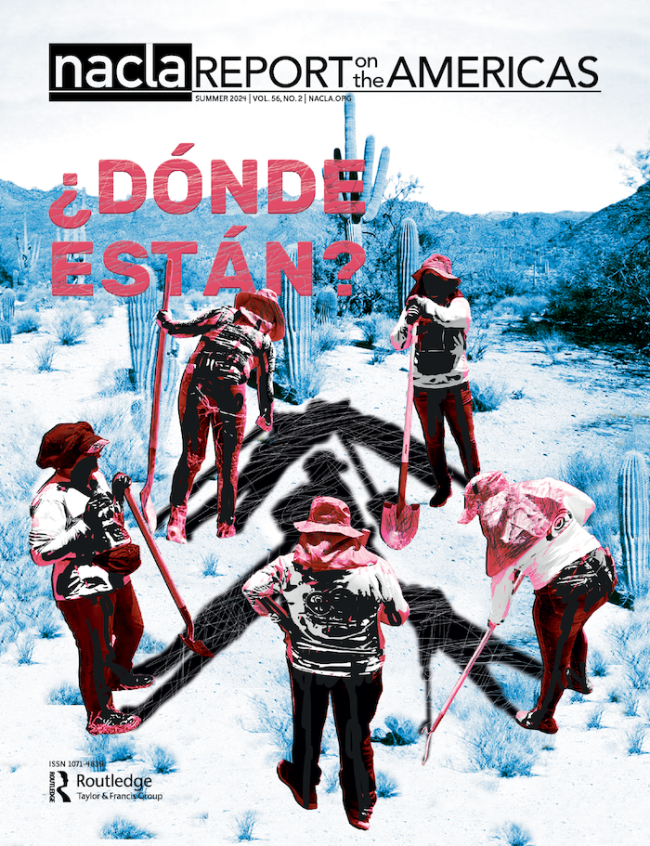Home
Rapid economic globalization and recent political violence have spawned mass migrations of humanity across international borders throughout the Americas. The migrations have sparked fierce debates in many of the "receiving" countries, where the combination of exploding demands for cheap foreign labor and state obligations to protect incoming refugees have often provoked strong domestic opposition to the presence of foreign-born individuals—especially those without official documentation. While many of these debates have focused on the enactment of policies restricting the immigration of foreign-born adults, xenophobic sentiments have opened new political spaces to begin imposing limitations on the birth registration of the native-born children of immigrants.
Constitutional reforms have been seen by their leftist advocates as necessary to create the conditions for a redistribution of economic and political power, mainly by increasing public control over natural resources and national economies, and by expanding access to basic services. At the same time, however, particularly in Central America, constitutional reform has become a tool used by economic elites to retain and consolidate their power. Conservative forces in Honduras and Guatemala, for example, are defending existing constitutionally guaranteed power, or pushing power consolidation through proposed constitutional amendments.
After the indigenous uprising in Peru’s Amazon region in June, it appears that an indigenous pledge to physically resist the operations of Dallas-based Hunt Oil on communal rainforest lands could reignite the uprising. In what is shaping up as an important test case, Hunt Oil is opening trails in preparation for seismic exploration within an indigenous reserve in Madre de Dios.
In the early morning hours of January 31, vandals broke into Tiferet Israel, a Sephardic synagogue in Caracas. They strewed sacred scrolls on the floor and scribbled “Death to the Jews” and other anti-Semitic epithets on the walls, before making off with computer equipment and historical artifacts. Understandably, the incident frightened and upset many in the Venezuelan Jewish community. Right away, U.S. news outlets, including The New York Times and The Miami Herald, linked the incident to Venezuela’s increasingly strained relations with Israel, after the two countries suspended diplomatic relations two weeks earlier over Israel’s bombing of Gaza, then still under way.
In August, Bolivian president Evo Morales won a referendum on his term in office with 67% of the vote. The opposition, having failed to unseat Morales in the face of the largest electoral majority in Bolivian history, embarked on a campaign of violent destabilization that culminated in riots, economic sabotage, and the massacre of more than 20 indigenous Morales supporters in September. Just a day before the massacre, at the height of opposition violence, the Bolivian government expelled U.S. Ambassador Philip Goldberg, following revelations that the U.S. Embassy in La Paz had asked Peace Corps volunteers and a Fulbright scholar to spy inside Bolivia, together with growing evidence, amid official secrecy, of U.S. funding for violent opposition groups.
In August the Cuban authorities briefly detained a musician, Gorki Águila, 40, and charged him with “social dangerousness,” a crime punishable with up to four years’ imprisonment. Gorki, as he is widely known, is the lead singer and figurehead of Porno Para Ricardo, a punk rock band that has, since its formation in 1998, made increasingly direct and vulgar pronouncements against the Cuban leadership. (The band’s lyrics radicalized considerably after Gorki’s first imprisonment in 2003 after a conviction on drug charges.1) The band’s logo features the hammer and sickle, with the hammer in the form of a phallus, and their song lyrics lambaste the leadership as inept, decrepit, and repressive. Arrested presumably for his critical lyrics, Gorki was ultimately convicted of “public disorder” (for the band’s noisy rehearsals) and released with a fine.
On May 1, 2007, thousands of Los Angeles residents took to the streets to reprise the massive immigrant rights march that captured the nation’s attention a year earlier. The day began with a peaceful march of about 25,000 people in downtown Los Angeles, followed by a smaller afternoon march to MacArthur Park. Sadly, violent police misconduct abruptly ended this second rally. In half an hour, more than 450 police officers forcibly broke up the rally of 6,000 to 7,000 people, according to the Los Angeles Police Department’s own report. The LAPD reported that no marcher was arrested for fomenting this violence. At the same time, it accepted responsibility for having injured 246 people with “more than 100 baton strikes” and at least 146 “less-than-lethal impact munitions” (i.e., hard rubber bullets).
On March 25, CNN’s Anderson Cooper 360 rolled into El Paso to report on Mexican drug-cartel violence. Cooper was one more in a recent wave of national news heavy-hitters to parachute in, scare the pants off millions of viewers, and then jet off to the next headline destination.
Since January 1959, nearly half a century ago, U.S. mass media have reflected the views of the U.S. government and systematically misreported the Cuban Revolution. This should not surprise readers familiar with the equally unrevealing journalism on revolutions in Russia and China, although notable exceptions in each case shined beacon lights on reality. In 1957 Herbert Matthews, like John Reed in Russia and Edgar Snow in China, wrote front-page stories on Fidel Castro’s guerrilla band in Cuba’s eastern mountains. He emphasized the brutality of Fulgencio Batista’s dictatorship and U.S. support for that corrupt and brutal regime, portraying Fidel as a democrat who followed a long line of Latin American revolutionaries. After the revolution triumphed, Lee Lockwood’s photojournalism for Life marked a second exception in which facts placed in context emerged from the stories.
Last January in northern Nicaragua, as a crowd of hundreds blockaded the Panamerican Highway late into the cool Monday night—soaking tires in gasoline before setting them on fire, hurling rocks at police and TV cameramen, bringing traffic to a standstill for 10 miles—the words once again began appearing in news reports and political speeches and inside the National Assembly debate halls: No Pago, No Pago!

